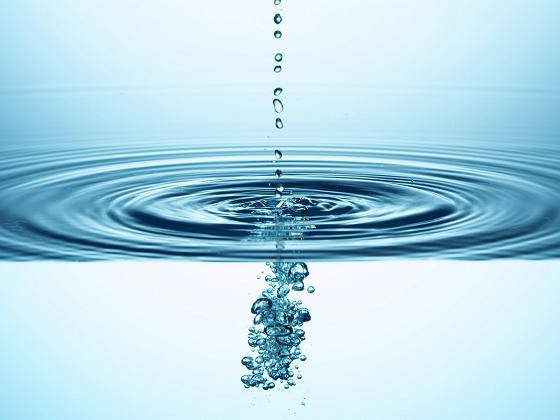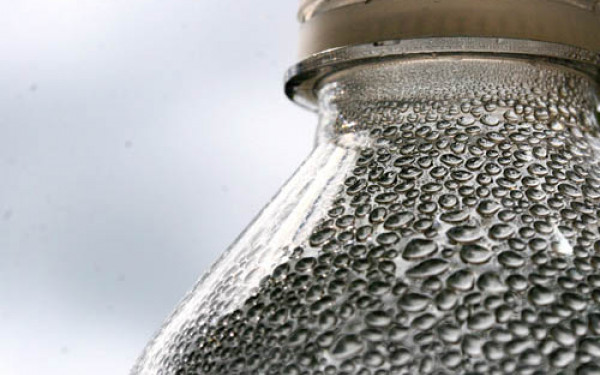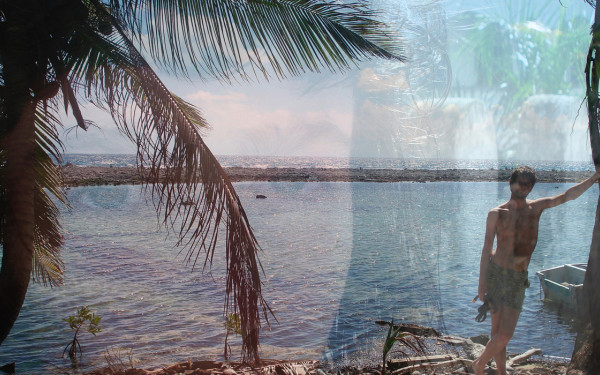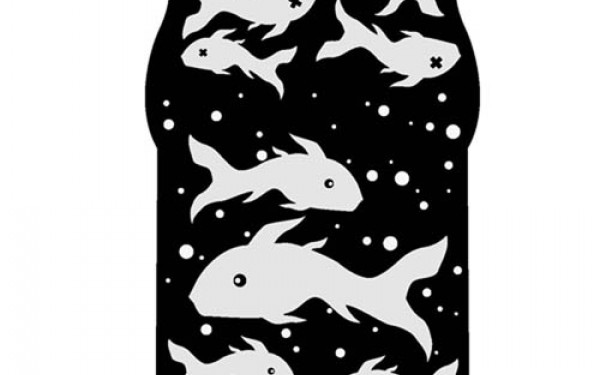Water: A Right or a Commodity?
Whether it’s mineral, flavoured, sparkling or simply flat, buying bottled water has become a habit for the young.
Liz Marshall’s documentary Water on the Table, featuring Maude Barlow, demands an answer to the question of whether water is a commodity or a right.
The film follows water-warrior Barlow—the national chairperson of the Council of Canadians and author of 16 best-selling books—over the course of a year. Water On The Table documents her time, energy and political struggles as she fights the corporate abuse of water.
“There’s a mighty struggle taking place in the world between those who see water as a commodity to be put on the open market like running shoes or Coca-Cola and sold to the highest bidder, and those who say, ‘No, it’s part of our common heritage. It’s a public trust. It belongs to other species and it belongs to future generations as much as it belongs to this one,’” Barlow said.
Although many companies refused to take part in the film, the film provides shocking facts and compelling visuals. It will become difficult for corporations to continue to ignore the masses of people alongside the fence at Dump Site 41 and the powerful native voices protesting Alberta’s tar sands.
“Our creator put us here on this earth with our hands. We are supposed to live on our earth undisturbed until the end of time,” said Fort Chipewyan elder Josephine Mercredi about her polluted land. “Our treaties were supposed to protect our way of life; it is now broken.”
For every barrel of oil that is retrieved, three to five barrels of water are being destroyed in the tar sands. With 3 million barrels a day and a demolished boreal forest the size of Greece, Alberta’s oil sands, said Barlow, are “Canada’s Mordor.”
“As a Canadian, I feel incredibly lucky to live in a country with such a water heritage. It is part of our national identity,” said Marshall.
While other countries suffer from lack of water, Canadians are destroying and exploiting what’s keeping us alive. Barlow believes that the lack of honest political leaders is at the source of the problem.
Whether Canada’s water should be sold or shared is a continuous debate.
“Corporate-controlled nanotechnology will clean our sewage water and sell it to private utilities, which will in turn sell it back to us at huge profit,” Barlow said.
Water on the Table is a wake-up call for many Canadians who take for granted the luxury of having clean, fresh water at the touch of a knob without questioning how long this resource will last.
“[The documentary] presents some chilling information, but it should not make the audience feel depressed. Instead, my hope is for people to become active and conscious after experiencing the film,” said Marshall.
Water On The Table will be screened Oct. 12 at Concordia (1455 de Maisonneuve Blvd. W. in Room H-110) in conjunction with Cinema Politica. The film is free of charge and will begin at 7:00 p.m.
This article originally appeared in Volume 31, Issue 09, published October 12, 2010.






